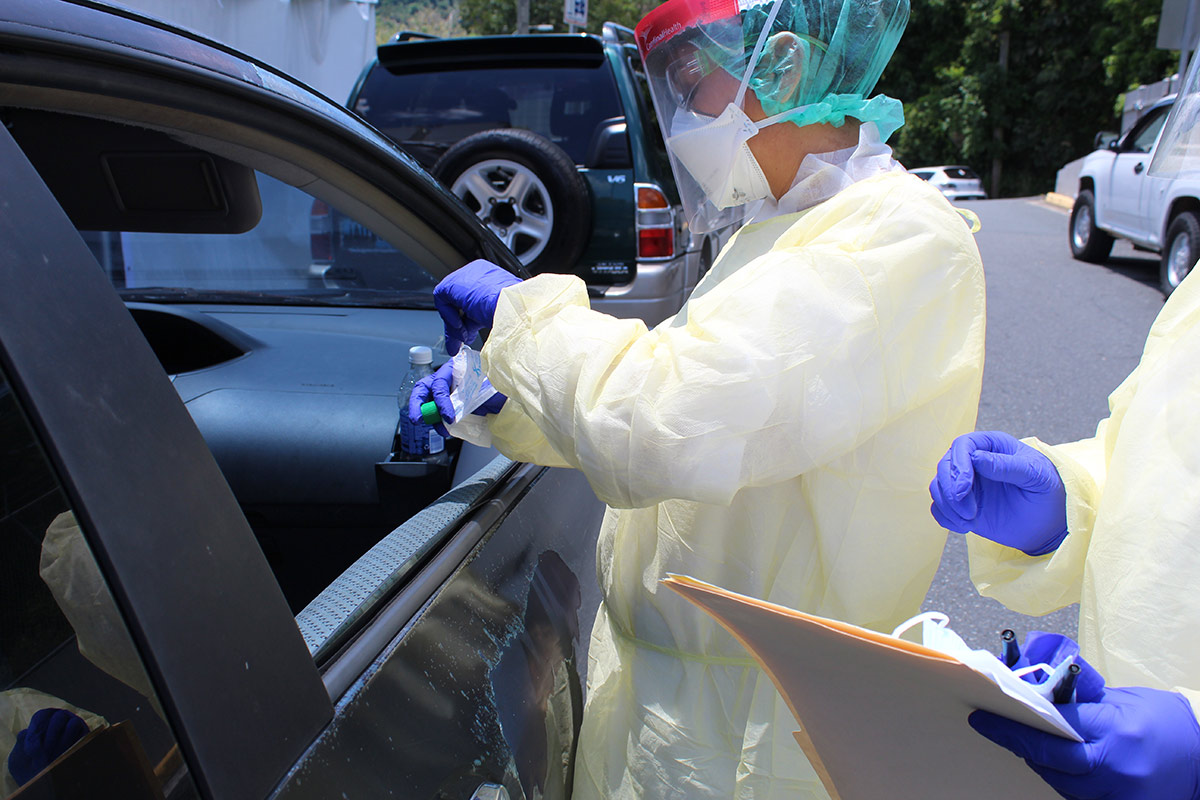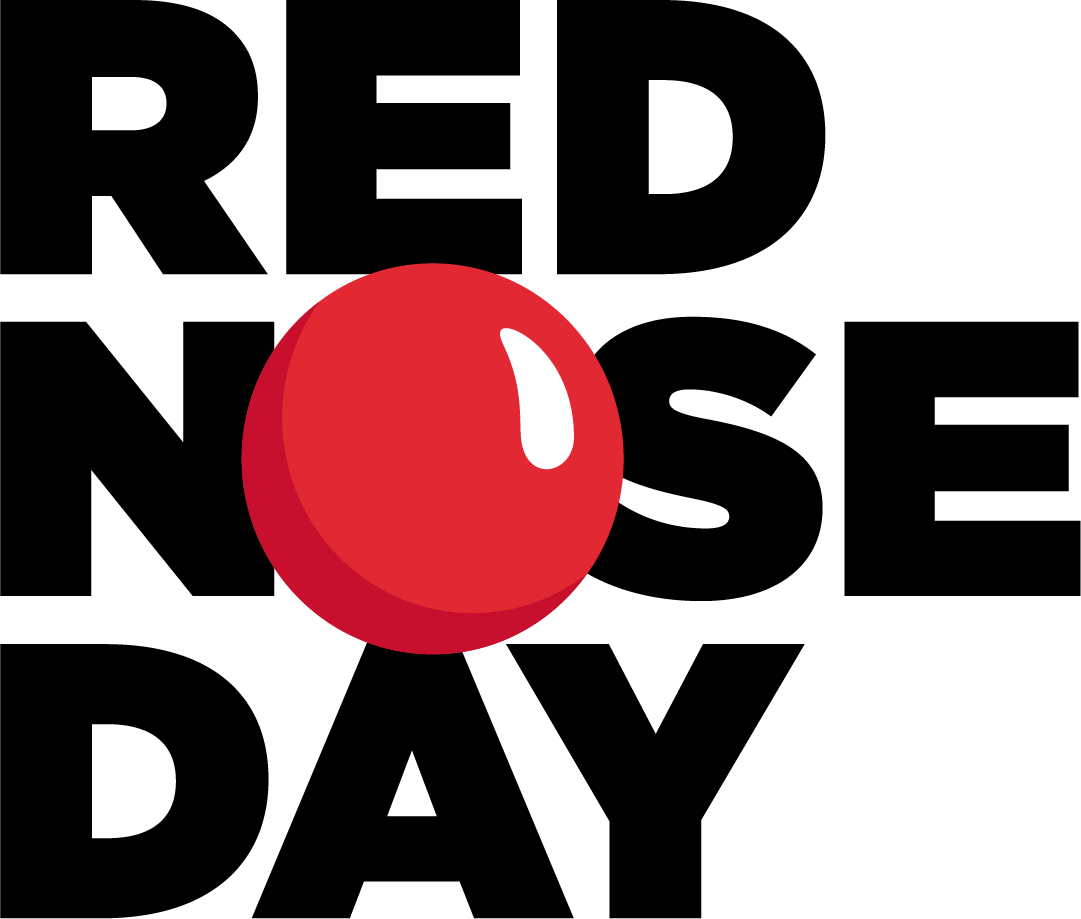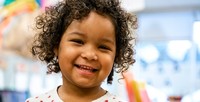
For children living in poverty, health threats from the pandemic go far beyond the virus itself
While the health effects of the COVID-19 virus, especially for children, are still being understood, its widespread impacts are taking an extreme toll on the physical, social, and emotional health of millions of children who are living in poverty, both here at home and internationally.
How? The pandemic exacerbates the existing issues of children from low-income communities and disenfranchised populations that are not getting the health services they need to treat existing conditions. With a focus on COVID-19, there are limitations to population access because of the virus, and pressure on entire health systems means other diseases are re-surging. Also, children living in poverty are more susceptible to underlying health issues, putting them at greater risk of serious issues from the virus if they contract it.
Greater barriers to everyday health needs
In these uncertain times, families experiencing poverty may suffer greater impacts if they need to miss work because they fall ill, or can’t find care for kids when schools are closed. Interruptions in income can make treating existing illnesses – like asthma or diabetes – even harder, with families having less means to pay for health services.
Red Nose Day grantee partners are working hard to change the story for families in need. Organizations like Children’s Health Fund and UnidosUS are caring for vulnerable children here in the U.S. to ensure they have high quality, comprehensive health care, including access to rapid COVID-19 screenings. They are finding creative ways to get care safely to their patients, including increasing Telehealth services and online processes.

Increased risks from other diseases and health issues
While medical resources are being redirected to COVID-19 focused programs and barriers to delivering existing health programs increase, risks from other diseases are amassing in many places around the world. Sadly this is even true of many diseases for which there has been significant progress in recent years. For example, major disruptions in immunization services threaten the spread of highly transmissible diseases like cholera and polio. And as COVID-19 begins to increase in countries where children are vulnerable to Malaria, many are not getting critical screening and treatment for this deadly disease -- which kills a child every two minutes.
There are also grave concerns that weak healthcare systems in many countries will not be able to cope with the intensive care that many patients will need, or with the increased pressure with an influx of patients – something we have seen already even in many economically developed countries. As an example, in Burkina Faso there are only 11 ventilators for a population of 20.9 million and in Malawi, there are just 25 ICU beds for a population of 17 million people. With hospitals and medical personnel stretched to the brink, large numbers of children, pregnant mothers, and newborns could also be lost to non-COVID related causes.
Amidst all of this, the health and wellbeing of the adults in a child’s life also has a direct impact on their safety, mental health and overall wellbeing– meaning the greater impact COVID-19 has on adult populations, the greater the effects will be on the children in their care and in their communities.
Increased risk of infection
Internationally, basic guidelines to prevent spread of the virus may be very difficult to follow in many places around the world. Almost 40% of the global population, about 3 billion people, do not have access to basic hand washing facilities in their homes. More people have access to a mobile phone than somewhere to wash their hands. In Bangladesh, where Red Nose Day supports programs for displaced and refugee children, those in rural settings are being advised to wash their hands with ashes if they cannot access liquid soap.
When it comes to social distancing, diseases like COVID-19 can can spread rapidly through close-knit populations, and many children living in dense urban areas, settlements or in refugee camps do not have living space that enables them to follow the recommended distancing guidelines. Other children who are on the move or facing homelessness may have nowhere to shelter out of harm’s way, even if they are directed to do so.
Children living in poverty are also more likely to suffer from underlying conditions, putting them at increased risk of serious impacts from COVID-19 if they do contract it. For example, if a child is undernourished, their immune system is compromised, meaning they are more susceptible to serious consequences oreven death from preventable diseases – or the coronavirus. Low-come children are more likely to suffer from asthma and diabetes, youth facing homelessness are more vulnerable to infections like flu, hepatitis and pneumonia, and child refugees are at extreme risk due to limited access to health care, clean water and sanitation facilities.

Increased risks from other diseases and health issues
Thankfully, Red Nose Day partners are on the ground to help. Organizations like Oxfam America are providing hygiene kits and installing water stations while helping to educate communities of the risks of COVID-19 and communicate preventive measures. Red Nose Day partners like charity: water, The Global Fund, UNICEF, and Amref are leveraging their existing child vaccine and WASH (Water, Sanitation and Hygiene) programs to incorporate COVID-19 testing. And here at home, Children’s Health Fund and Covenant House and others are ensuring that the most vulnerable children can get connected to the health care they need.
Vulnerable children and families become even more vulnerable during a major public health crisis like the coronavirus pandemic. COVID-19 threatens children who are living in poverty in an extraordinary way, but with your support Red Nose Day’s grantee partners across the country and around the world will be there to support the children who are most in need -- today and in the months and weeks ahead as we fight the virus and its wide-ranging health impacts on children.

Children need your help now.
The impact of the COVID-19 crisis threatens children living in poverty in an unprecedented way. Your gift to Red Nose Day supports our efforts to keep children safe, healthy, and educated in the face of the Coronavirus pandemic.


